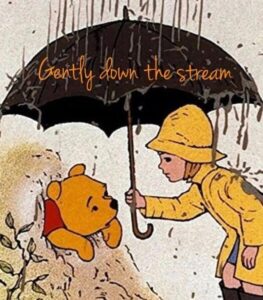Ancient insights to modern wisdom
The ancient Greek philosopher Socrates is renowned for the saying, “All I know is that I know nothing.” His humility in acknowledging his limitations and openness to learning reflects his boundless wisdom. In ancient times, wisdom, or wise men of extraordinary insights were from the domain of philosophical and religious teachings. Their insights have stayed with us through generations. Often, we borrow their age-old insights. Is the pursuit of wisdom an elusive quest for ordinary individuals? Or, as the Chilean author Gabriel Garcia Marquez once said, “Wisdom comes to us when it can no longer do any good.”From such a...











